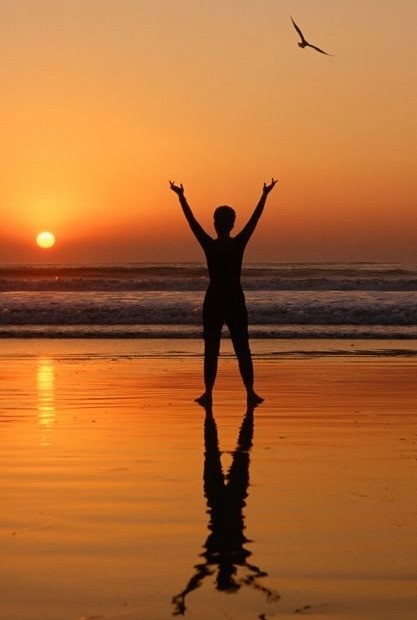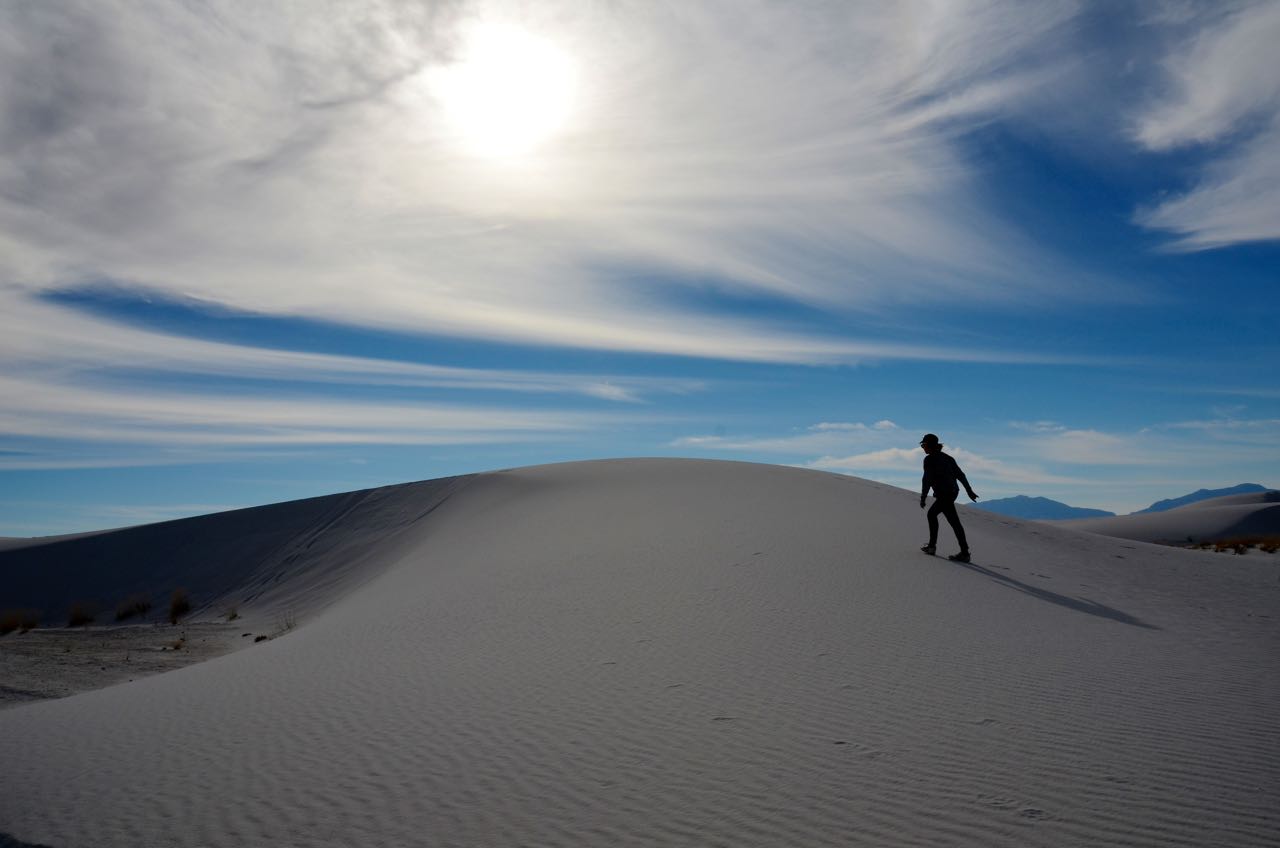
I decided to be a nun at age 12. This was because Sister Helen Charles, my sixth grade teacher, kept me from killing myself. If nuns had that kind of power, I wanted some for myself.
On a balmy fall day in 1967, at the age of eighteen, I entered the convent. My family dropped me off at St. Joseph’s Provincial House, never knowing when they would see me again. I could not have been happier. I’d waited six years to trade the hazards of my life as a queer outcast for the safe shelter of a convent.
Closing the door on my family’s red Chevy that day felt like closing the door on trouble. The Viet Nam war was raging like a wildfire. Race riots had erupted in 150 cities. Police from New York to San Francisco were attacking homosexuals, and soon our nation would be weeping over the My Lai Massacre and the murders of Robert Kennedy and Martin Luther King, Jr. As fast as I was running toward a life of prayer, I was running away from a life of turbulence, both inside and out.
In our first week as postulants, a priest named Father Grabys arrived to teach us Theology. He was a tall, burly Lithuanian with a thick accent. After barging into the room a few minutes late, he flung an armful of books on the desk and swirled around to face us.
“All right, let’s hear it,” he half-shouted. “Here you are, all ready to marry God. Someone stand up and tell me something about this God you love”
Right away I didn’t like him. How were we supposed to say something about our relationship to God? We knew what we knew from the catechism. We had all the facts, but he was asking about feelings. That was uncharted territory. And I liked it that way.
“Someone?” he barked. “Can’t someone say something?” One postulant raised her hand, stood up and said “God made me to show His goodness and to share his everlasting life with me in heaven.”
I nodded my head in agreement, having memorized this years ago just like everyone else in the room.
“That’s it? That’s all you got?”
“Yes, Father.”
“Sit down,” he yelled, looking around for the next hand. “Someone else!”
Two other postulants tried their luck, to no avail.
He rolled his eyes, crossed his arms and surveyed the whole group with a look of disdain. At this point, beads of sweat broke out on my forehead. A fat tear dripped down my cheek.
“You should be ashamed of yourselves. Are you just a bunch of parrots, repeating everything you’ve learned? If you are to be a religious worth your salt, you have to have a faith that is deeper than what you’ve been taught. You have to speak from experience. You have to create your own spirituality from your ultimate concerns,” he said.
I didn’t know what he was talking about. Wasn’t faith something we were born into? Something we inherited, from the outside? I was a Catholic by default. They told me what I was supposed to believe. That was the point, wasn’t it? As far as I was concerned, I was just lucky to be born into the one true faith. I didn’t have anything to say about it. That’s what infallible popes were for.
I raised my hand. “We have been studying religion since second grade. We have memorized everything. We know every answer to every question. What you’re talking about was never in there,” I said.
He towered above us, his brow furrowed. “What you believe, that is religion,” he said. “Who you are, what you live for—that is faith. They are two different things, and faith is what we are here for. Your faith is what you create and declare. It’s the essence of your life.” His voice was thunderous, cracking and booming on words like faith and essence. His thick accent added to the drama.
Father Grabys insisted that faith was a program for action more than a set of beliefs. He spoke of God as a verb instead of a noun: Being Itself; not an entity that exists in space and time, but Creation Itself in the process of unfolding.
When we struggled to define our ultimate concerns, he reminded us that what any of us believe is not the essential thing. The action, not the beliefs, is the manifestation of faith. Creating our own spirituality was a painstaking process—challenging for all of us who had been taught all our lives what to think, but not how to think.
I was not the only emotional toddler in the room. It took weeks to understand the meaning of ultimate concerns. I yearned for my comfortable certainties. I was hesitant, suspicious about being creative in matters of faith, but Father Grabys was insistent.
“What are you living for?” he’d shout. “What means so much to you that you would give your life for it? What are you committed to?”
He hammered at us from every angle like we were David to his Michelangelo, chiseling away at our rigid ideas, our childish fears, our embedded illusions till he carved right into the core of our beings. This process of liberation was agonizing, humbling, astonishing.
His questions were Himalayan and we were barely at the foothills. The only place I knew to go to determine what I was committed to were to the words and actions of Jesus. He was my role model so I pondered his life and considered my commitments. Then I proclaimed my faith, independent of my religion, rooted in my ultimate concerns.
I am committed to be a peacemaker and to insist on justice wherever I am.
I am committed to caring for others as I care for myself.
I am committed to being a light in the world, wherever I am.
I finally understood the distinction between faith and religion. I felt them in my body in two different domains: religion in my brain, faith in my gut, where I felt my power. How proud I was that day, standing up to proclaim a faith that was truly mine, original and real, born from my body and inseparable from my soul.
Two years after entering the convent I was dismissed for being gay. One year after that, I was denied absolution by a priest who said I would be living in sin as long as I remained a homosexual. My own mother wanted me to stay away from the family so my father wouldn’t find out and have a heart attack.
Who would I become without my community, my church, my family? How would I live, unmoored from my roots? I was on my own and took to activism, wanting to break down institutions that perpetuated self-hatred and homophobia. If I was considering suicide at the age of twelve because I learned to hate who I was, how many other kids were suffering from this same affliction?
I became a photojournalist, made a year long peace pilgrimage around the world, and metabolized the world religions I was exposed to as I stayed with families of different faiths: Buddhism, Judaism, Hinduism, Islam, Bahá’í, Sikhism. In the silence and solitude of that trip, I realized that religions are like step ladders, helping us rise into the awareness of our own divinity. They are a means to an end, which is the astonishing discovery that nothing exists that is not God.
On the flight home, after a year away, I remember thinking how different I’d become, how much I’d changed spiritually. “Even Christianity, as they think of it down there, is too small for me now,” I thought, as I peered out the window. I had no idea where I’d fit in or if any community existed that would feel like home. A few weeks later a friend invited me to her Unity Church and it felt as if heaven itself had broken open.
The very principles that were printed on the pamphlet in the pew where I sat were the exact ideas I had awakened to on my journey through twenty countries. There is nothing but God and we are co-creating this world in consort with the Source of Everything—co-creating with our thoughts, our words and our actions, living out our truths to the best of our ability.
I’d found it—a community of beloveds; a community of people who embodied the Sacred and cherished it in each other; a community of finders, not seekers. The joy in the room was palpable. The light was radiant. The minds were in agreement: the Divine is unavoidable, not inaccessible.
Over the years I’ve remained active in the New Thought movement, speaking and teaching throughout the US and Canada. Last week, I had the privilege of speaking to my own community, as our minister was away and asked me to take her place. I reminded them how we refer to the soul-shaping experiences of our lives as tragedies and traumas. How we forget that we create turbulence so our souls will have something to transform, something worthy of its magnitude.
I reminded them, too, of how we speak of these events happening TO us, hardly ever acknowledging that they are also happening FOR us and THROUGH us. I shared the story of being dismissed from the convent—how it took me down, beat me up, had me in shackles for thirty years. Till the day came I sat with the Provincial Director of the community and told her the whole story, just trying to heal my heart. At the end, she asked me to forgive her, then to forgive the entire community, for this “terrible injustice” done to me.
It was that moment I realized there was nothing to forgive. I created the whole thing—through what I did and failed to do. They gave me the privilege of two years in a monastic environment and then they let me go. I created that reality but I wasn’t spiritually aware enough to know it. Now, after all these years of a committed spiritual practice, a daily encounter with that Divinity Within, I am grateful for every upset that ever came my way, for I know it happened through me and for me, so I could transform myself from a misfit to a mystic.
